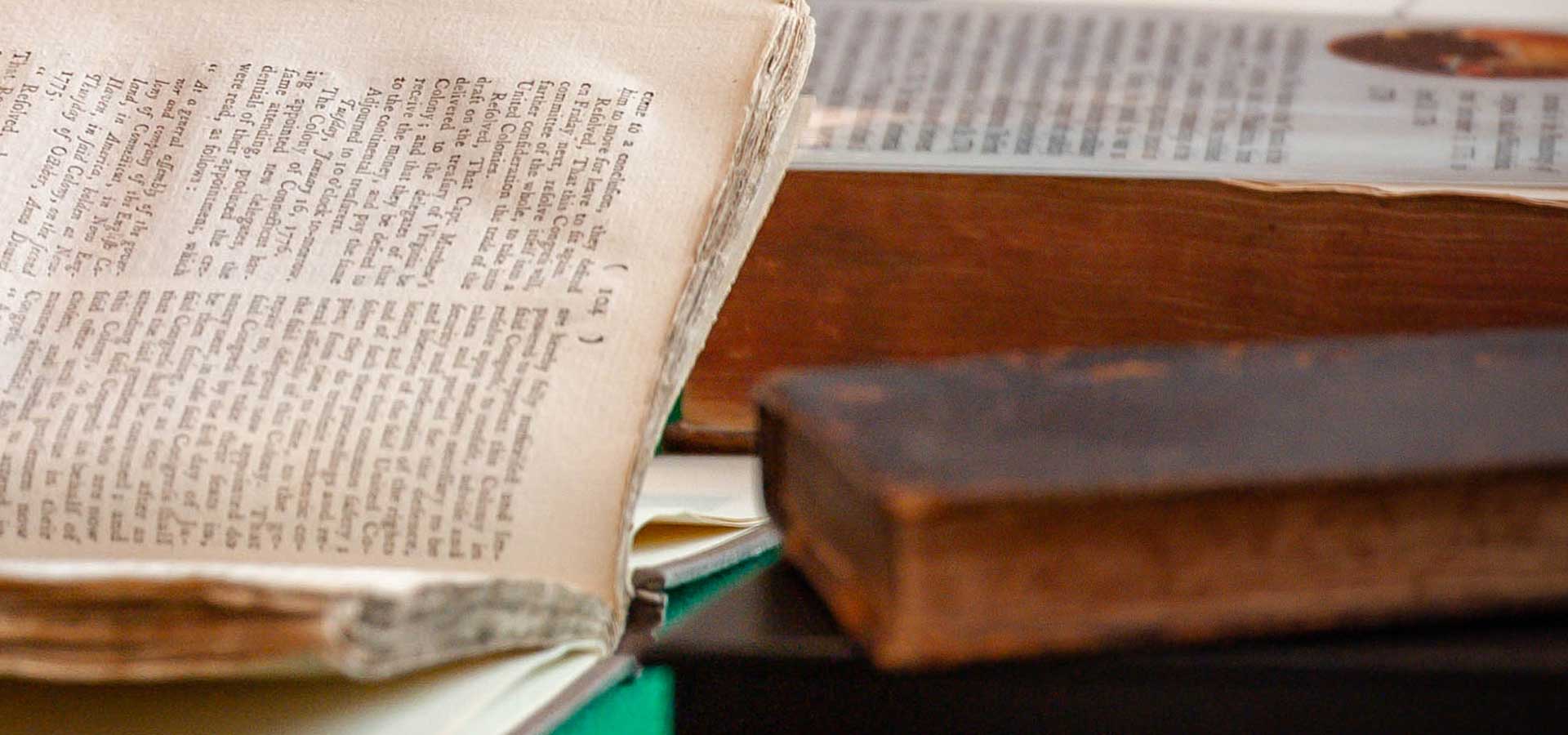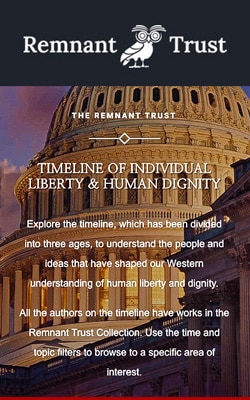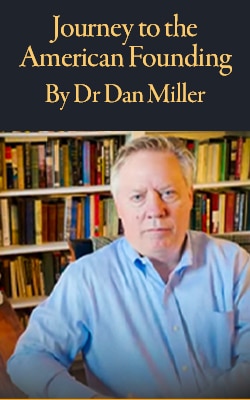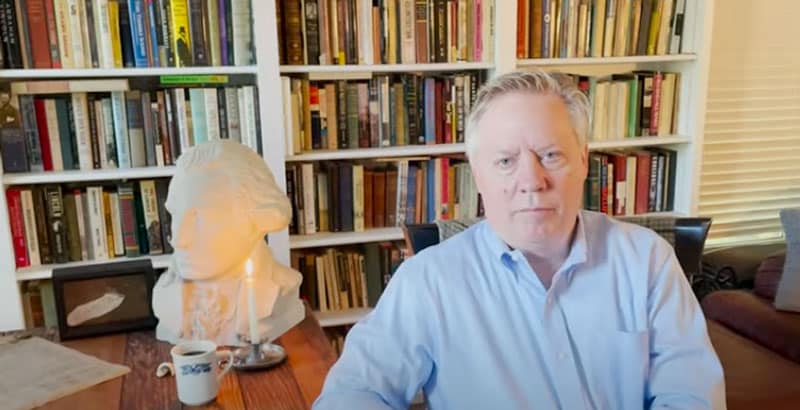Journey to the American Founding
June 29 1773
The stories we’re seeing from the last half of 1772 and early 1773 are a mixture of change and continuity. Surrounding the mixture is an intensification of actions and decisions. The new and old twist together in revolving cycles. The pace is not what it once was—it has picked up speed.


Excerpts from: Americanism Redux: June 29, on the Journey to the American Founding, 250 years ago today, in 1773
Can you sleep when you know today’s defining moment is a problem waiting in tomorrow? That’s the challenge on this today, 250 years ago, for Benjamin Bernard. He’s a captain in a British military unit, the 23rd Royal Welch Fusiliers regiment, and he’s still adjusting to serving in a new place, New York City. . . he is supposed to lead out a detachment of the unit and conduct a practice drill. Not a big deal normally but tomorrow’s not normal–mob violence might occur because bad feelings swirl in the air and ill-will runs above the ground. It gets worse in the way only a boss can make true . . .
Today, 250 years ago, a man wonders if he should give it a try. Can I do it? There’s a new job available in the colonial capital of Massachusetts. . . . What’s it offer to him? A wage, for one thing and, honestly, a sense of doing something first for the townspeople, . . . The man thinks yes, let’s do it, a lamplighter he will be, seizing an opportunity created from today’s decision by a Boston citizens’ committee—led by John Hancock and called the Lamp Department—to install 300 street lamps. . . .
Today, 250 years ago, the end is near and that’s a good thing. It’s the end of a major project, road-making. . . . The point of the road is success—a much-needed and much-hoped-for boost to the 1500 Greeks, Italians, and Menorcans transported to New Smyrna in East Florida from the Mediterranean Sea eight years ago. Dr. Andrew Turnbull and Sir William Duncan had collaborated to start this settlement. . . . But remember this—the King’s Road is like every road ever opened, allowing a way out as well as a way in.
Today, 250 years ago, the rocks move. Then the trees move. Then the land moves. . . . The people of this vibrant city, the capital of Guatemala Kingdom, known as Antigua Guatemala in the New Spain province of Guatemala that stretches hundreds of thousands of acres in modern Central America, feel another shock beneath the ground. It’s the third in the past few months. Today’s, however, is different. The shock comes alive in a blast, an explosion, a 7.5 on a future measure. The city convulses and 600 people die. . . . It is the first day driving toward a decision to abandon the capital.
Sometimes you just know about the moment that marks a day. Sometimes it takes a while longer.
Also
Josiah Martin is the appointed royal governor of the British colony of North Carolina. Today, 250 years ago, he instructs the upper council of the colony’s legislature to write into the official record a proclamation of British King George III’s from April. In that proclamation the British monarch decreed that the colonies in America will suspend any further land purchases from Native tribes. . . . Thus, from the British king in early April to a British colonial governor in late June, an imperial action has gone from palace desk to provincial table.
Samuel Adams is an elected member of the Massachusetts Assembly, the lower house in the colony’s legislature. Yesterday, 250 years ago, he writes to a colleague in the colonial rights movement that the Assembly has just voted, 82 yes to 12 no, to impeach and remove the royal governor and lieutenant governor of the colony. Because of the recently published letters written by the pair of men, “the People are highly incensed against the two impeached Gentlemen,” writes Adams. . . . Adams wishes “Lord Dartmouth & the rest of the Great officers of the Crown could be prevailed upon duly to consider that British Americans cannot long endure a State of Tyranny.”
Different topic, same story. A single day has a single moment where clarity may be glimpsed. More difficult to see will be how long the glimpse lasts. Every echo ends.
For You Now
. . . By definition, a glimpse is like a peek, a few seconds where clouds part and a sight dances into view, . . .
The key in a glimpse is whether another will follow, whether the momentary grows into duplication and duplication settles into pattern. . . .
At the other end of the spectrum, far distant from glimpses, is a stark moment that obliterates everything around it. . . . The question produced next is how to endure, to survive, to regain a footing and to pick the path ahead, under and around and over the wrecked, the fallen, the broken.
Suggestion
In the course of your day, consider this—are we, as Americans, seeing more glimpses or starknesses?
TITLE: Americanism Redux: June 29, on the journey to the American Founding, 250 years ago today, in 1773
By Dr. Dan Miller
To know us better then is to know us more fully now. Welcome to Americanism Redux and my one-a-week stories of 250 years ago. For the all the stories thus far, Visit Historical Solutions, Dr Dan Miller’s website>

Reference: The Remnant Trust Collection
An Appeal to the World; or a Vindication of the Town of Boston, from Many False and Malicious Aspersions Containing in Certain Letters and Memorials, Written by Governor Bernard, General Gage, Commodore Hood, the Commissioners of the American Board of Customs, and others, and by them Respectively Transmitted to the British Ministry by Samuel Adams from 1770- Reference #0104
“Three years before, Samuel Adams wrote a withering denunciation of the event known as the Boston Massacre. From 1770 to 1772 tensions in Boston had eased a bit. But as we’re seeing in Q2 of 1773, a change has occurred and now it’s Boiling Boston in an even bigger way.”
View The Remnant Trust “Wisdom of the Ages Athenaeum PDF for reference>
Journey to the American Founding
Welcome to Americanism Redux, a series by historian author, Dr. Dan Miller. He explores what Americanism meant 250 years ago and its significance for America today.
What Can I Do?
We invite you to share our passion for Individual Liberty and Human Dignity to a new generation including educators, students, business leaders and Americans from all walks of life.




